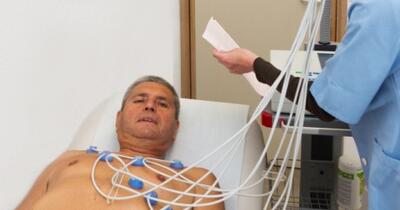The main duties of a PeriOperative Nurse include:
- Assisting the surgeon during surgery.
- Providing care to the patient during surgery.
- Monitoring the patients vital signs.
- Controlling bleeding during surgery.
- Along with taking care of the patient intra operatively, they also provide pre and post operative care.
- Maintaining a sterile environment in the operating room.
Qualifications: PeriOperative Nurses need to first qualify as a Registered Nurse (RN) by successfully completing a Bachelor’s of Science Degree in Nursing (BSN) course or relevant Associate Degree or Diploma.
Salary: $64-69,900

